8 Sample Questions for an Aviation Interview

Are you looking for a job in aviation? An interview is one of the most important steps of the hiring process, and being prepared with thoughtful questions can help you stand out from other candidates. This blog post provides 8 sample questions to ask during an aviation interview. From questions about safety protocols to your interviewer’s personal experience, these examples will give you a good foundation to start exploring your potential employer and position. Read on to get the most out of your aviation interview!
1. Tell me about your aviation experience?
One of the most common questions asked during an aviation interview is, “Tell me about your aviation experience.” The interviewer is looking to get a sense of your background in the industry and what skills you can bring to the role. There are a few key things to keep in mind when answering this question.
First, be sure to highlight any relevant experience, whether it’s paid or volunteer work. If you have a pilot’s license, mention how long you’ve been flying and what type of aircraft you’re certified to fly. If you don’t have a lot of direct experience, talk about any related skills or coursework you’ve completed. For example, if you’re applying for a job as an air traffic controller, you might mention your experience working in customer service or completing a course in aviation safety.
By giving specific examples of your experience and skills, you’ll demonstrate why you’re qualified for the job and give the interviewer a better sense of who you are as an applicant.

2. Have you ever flown an aircraft before? If so, please describe the experience
One of the questions you may be asked during an aviation interview is whether you have ever flown an aircraft before. If you have, the interviewer will want to know more about your experience.
They may ask you to describe the types of aircraft you have flown, how many hours you have logged, and what kind of flying you have done (e.g., solo or with an instructor). If you haven’t flown an aircraft before, that’s okay!
Many people who are interested in becoming pilots have never actually flown a plane. The important thing is that you are able to demonstrate your enthusiasm for aviation and your willingness to learn.
So, if you’ve asked this question during an interview, don’t hesitate to share your excitement about the prospect of learning to fly!
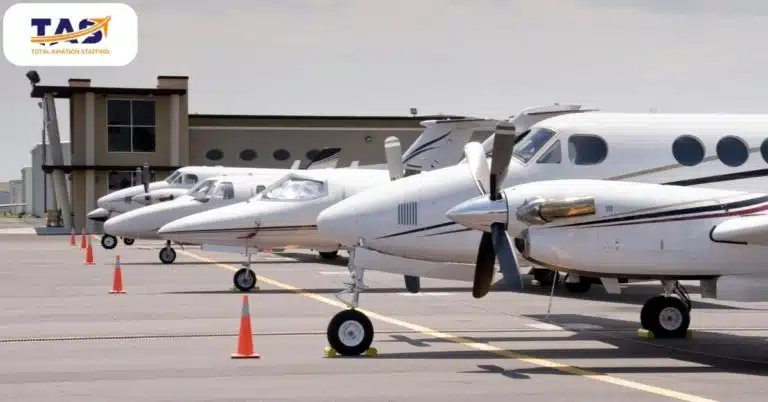
3. What is your understanding of the basic concepts of aviation?
There are a few key concepts in aviation that any interviewee should be able to Understand.
First, there is the basic science of how aircraft fly. This includes an understanding of lift, drag, thrust, and weight. Second, there is an understanding of the airspace system and how aircraft navigate through it. Third, there is an understanding of human factors in aviation, such as how pilot fatigue can affect decision-making. Lastly, there is an understanding of aviation weather, which is essential for safe flying.
These are just a few of the concepts that any interviewee for an aviation job should be able to demonstrate knowledge of. By showing that you have a good grasp of the basics, you will set yourself apart from other candidates and show that you are truly passionate about aviation.
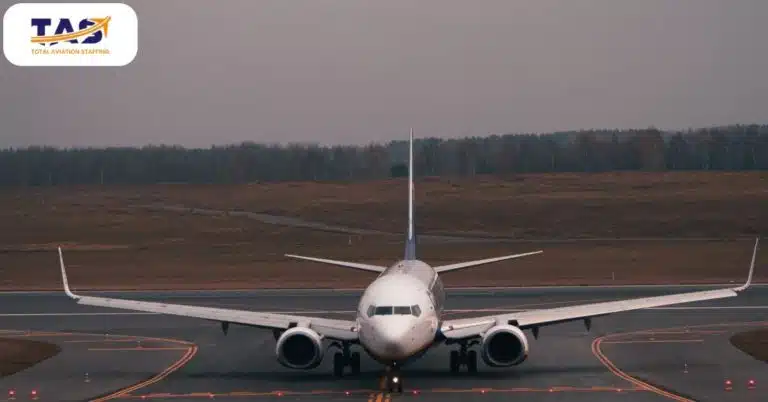
4. Why do you want to become an aviation employee?
One of the most commonly asked questions in an aviation interview is “Why do you want to become an aviation employee?” The interviewer is looking to see if your goals align with those of the company and whether you have a genuine interest in the industry. There are a few key points that you should touch on in your answer.
First, describe your passion for aviation and how it started. Did you grow up around planes? Have you always been interested in flights? Next, explain what attracts you to the company specifically. Do you like their mission statement? Their safety record? Their customer service philosophy? Finally, make it clear that you understand the commitment required to work in aviation. This is a demanding industry, and the interviewer wants to be sure that you’re prepared for the long hours and irregular schedule.
By touching on all of these points, you’ll give the interviewer a well-rounded picture of your motivations for pursuing a career in aviation.
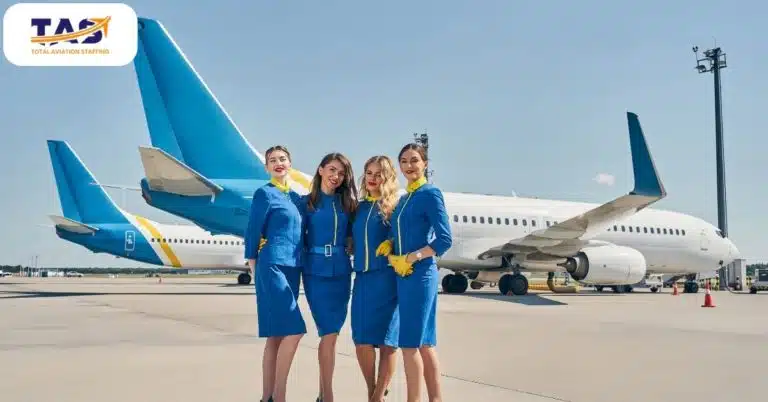
5. What are your future career aspirations?
While you may have a specific idea of what you want to do with your life, it is important to be open to new opportunities when it comes to your career. After all, you never know where your path may lead. However, when it comes to aviation, there are a few key things to keep in mind.
First and foremost, safety is always the top priority. Ensuring that passengers reach their destination safely is of the utmost importance. Secondly, working in aviation requires a great deal of responsibility and coordination. You will need to be able to work well under pressure and maintain a clear head in order to succeed. Finally, unlike many other industries, aviation is constantly changing and evolving.
As a result, you will need to be adaptable and willing to learn new things in order to keep up with the latest developments. If you can keep these things in mind, then you should have no trouble excelling in an aviation career.
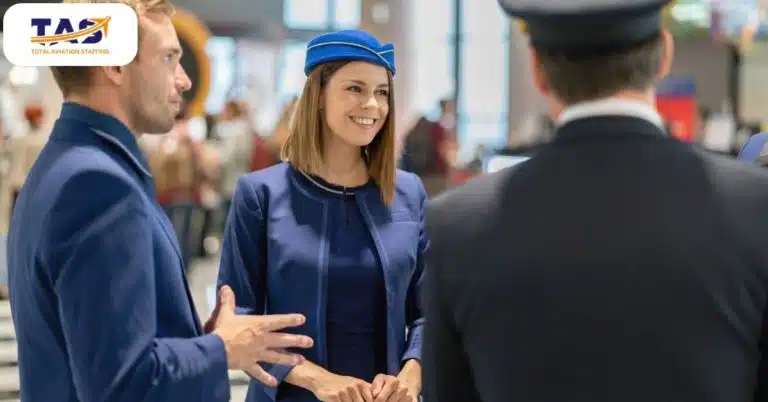
6. Do you have any previous flight training experience or qualifications?
Before you begin interviewing for an aviation job, it is important to know what kind of questions to expect. Some common questions that employers may ask include: do you have any previous flight training experience or qualifications? What is your experience flying in different weather conditions? Have you ever had to deal with an emergency situation while flying? How would you describe your flying style?
Answering these questions truthfully and providing specific examples will help show employers that you are a well-qualified candidate for the job. In addition, be sure to highlight any unique skills or experience that you have that could benefit the employer.
By being prepared and confident, you will be one step closer to landing your dream job in aviation.
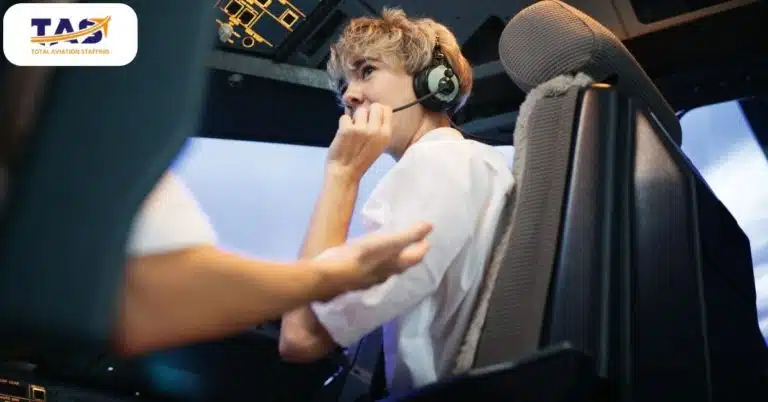
7. What would you do if confronted with an emergency situation while in flight?
There are a number of emergency situations that can occur while in flight, and it is important to be prepared to deal with them.
The first step is to remain calm and assess the situation. If there is a fire onboard, for example, the priority should be to extinguish the fire and secure the cabin. If the plane has suffered a loss of cabin pressure, it will be necessary to put on oxygen masks and descend to a lower altitude as quickly as possible.
In any emergency situation, it is important to follow the procedures laid out by the airline and pilots, as they are trained to deal with such situations. By remaining calm and following procedure, it is possible to safely resolve most emergency situations.
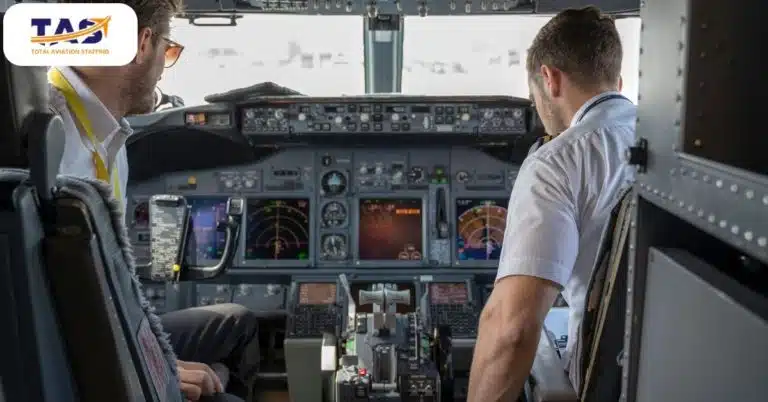
8. How well do you think you would cope with the high-pressure and demanding environment?
The aviation industry is a highly demanding and fast-paced environment. To be successful in this industry, you need to be able to cope with high levels of pressure and stress. Aviation interviews typically include questions about how you would deal with difficult situations.
In order to answer this question effectively, you will need to give an honest assessment of your abilities. For example, if you have experience working in a high-pressure environment, you should share this with the interviewer. This will show that you understand the demands of the job and that you have the necessary skills to cope with these demands.
If you have not worked in a similar environment before, you should explain how you would approach the job. For example, you could highlight your ability to stay calm under pressure or your ability to work well under pressure.
By providing a detailed answer, you will demonstrate that you have thought about the question and that you are well-suited for the job.
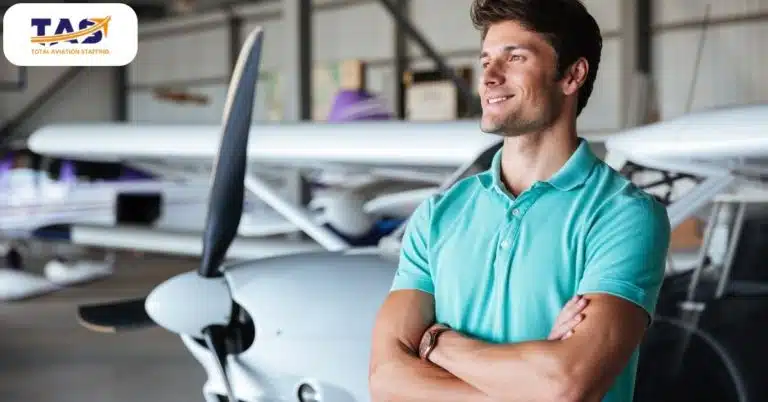
In conclusion
A career in aviation requires a unique set of skills and experience. Those who excel in this field will need to be able to work well under pressure and stay abreast of the latest developments. They must also have the necessary qualifications and be prepared to deal with emergency situations while in flight. Ultimately, if you are willing to put in the hard work, you can have a successful and rewarding career in aviation. With dedication and commitment, you can reach your dreams of flying high!
Good luck!
